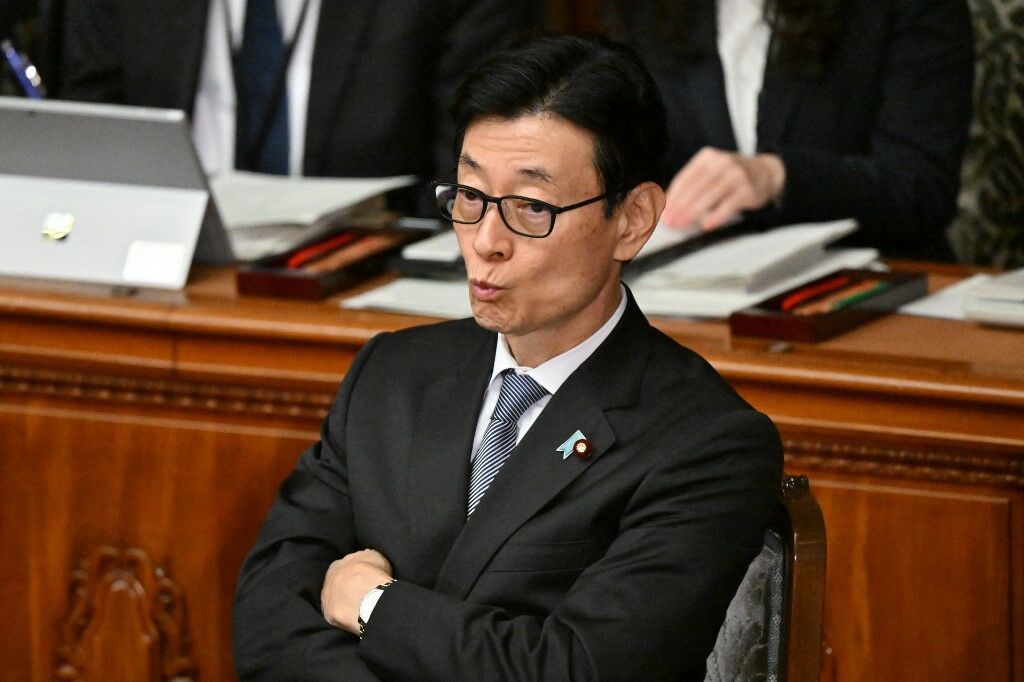Three Japanese ministers resign amidst 124 million baht kickback controversy

Three high-ranking Japanese government ministers have thrown in the towel amidst a whopping 500 million yen (124 million baht) corruption scandal.
The Liberal Democratic Party (LDP), the stalwart ruling force in the world’s third-largest economy, is now grappling with the fallout from allegations that could reshape the nation’s political future.
In a seismic blow to the political establishment, three top-tier Japanese government ministers tendered their resignations today, December 14, in the wake of a colossal corruption scandal enveloping the ruling Liberal Democratic Party (LDP). The controversy centres around jaw-dropping kickbacks amounting to 500 million yen within the party that has dominantly governed Japan’s formidable economic engine for decades.
Economy and Industry Minister Yasutoshi Nishimura, Internal Affairs Minister Junji Suzuki, and Agriculture Minister Ichiro Miyashita were the first casualties in this high-stakes political drama, as reported by Jiji Press and other media outlets. Chief Cabinet Secretary Hirokazu Matsuno, the government’s chief spokesman, is expected to join the exodus later in the day, along with a reported five deputy ministers.
Nishimura expressed a rare sense of responsibility.
“The public’s doubts are around me over political funds, which is leading to distrust in the government. As an investigation is going on, I thought I wanted to set things right.”
Prime Minister Fumio Kishida, pre-empting the resignations, had pledged a day earlier that there would be significant personnel changes today, December 14, to address the damning allegations currently under investigation by prosecutors.
Decade-low poll ratings
The Japanese leader asserted in a bid to salvage his plummeting poll ratings that his administration will tackle the various issues surrounding political funds head-on and that he will make efforts like a ball of fire and lead the LDP to restore the public’s trust. Kishida’s ratings have been the lowest for any premier since the LDP regained power in 2012.
All resigning ministers belong to the largest faction within the LDP, once led by the late Shinzo Abe. The scandal revolves around alleged kickbacks to party members who exceeded their ticket sales quotas for fundraising events, a practice exposed by a senior official on broadcaster ANN, with their identity concealed.
As the curtains fall on the current parliamentary session, prosecutors are gearing up to intensify their investigation into the scandal, with plans to interview dozens of lawmakers associated with the Abe faction, according to the Yomiuri daily. Even former Olympics minister Seiko Hashimoto is reportedly implicated in this web of corruption.
The controversy, originally centred around the faction previously headed by Kishida, expanded earlier this week, prompting the opposition to file a no-confidence motion in his Cabinet. Despite a tough challenge, the motion was defeated, thanks to the government’s majority, reported Thai PBS World.
Kishida’s ratings have been on a downward spiral since assuming office in October 2021, despite a Cabinet reshuffle in September and a mammoth 17 trillion yen (approximately 4 trillion baht) stimulus package announced in November. At 66, he can govern until 2025, but speculations loom over a potential snap election ahead of a gruelling internal leadership vote in the LDP next year. The political landscape in Japan remains in tumult, teetering on the edge of a transformative shake-up.
Latest Thailand News
Follow The Thaiger on Google News:


























